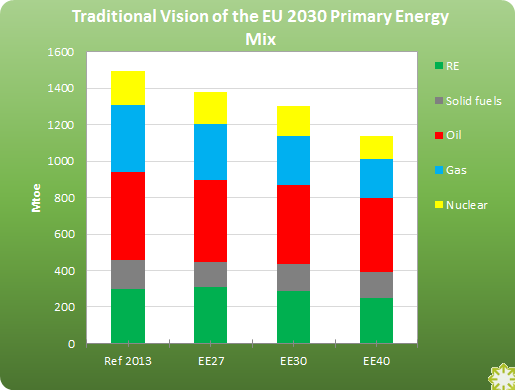Resources
Some would have us believe that construction regulations are new. Have you ever heard of the Code of Hammurabi? It’s the very first code of laws known in history, dating back to 1750 BC. And guess what? Building codes were already included! Six out of 282 laws regulated construction safety, including penalties for builders of non-compliant homes. Quite visionary, indeed, even if some penalties could now seem slightly stringent.
The EuroACE Informal Session gathered around 25 participants from all over Europe and was the opportunity for EuroACE to present the results of its recent series of workshops that discussed how to improve the EPBD.
The 2016 edition of the EU Sustainable Energy Week was about empowering consumers. At the opening ceremony, Mr. Miguel Arias Cañete, the commissioner of climate and energy, made it clear that the energy transition is also about the active consumer engagement in the energy system. After centuries of relegating the energy consumer to a passive role, as simply a purchaser of (mostly) dirty energy sources, EU citizens will slowly move to a more active position by becoming energy producers: producers of energy savings and renewable energies.
Renovate Europe held a breakfast briefing, hosted by MEP Theresa Griffin, on the theme of energy renovation and consumers on 15th June in the European Parliament in the context of the upcoming review of key buildings-related legislation in the autumn.
Down load the press release
Contribution to panel discussion on Target setting for energy use and efficiency up to 2050
Moderator: Robert Harmsen, Utrecht University
Science Centre NEMO, Amsterdam
This workshop aims to provide participants with practical instruments and methodologies, which can support the acceleration of energy efficiency actions. The workshop is structured around four thematic blocks:
I used to think that Western democracies protect their citizens from “la pensée unique” (a narrow and single way of thinking). My concerns relate to the “consensus” in the “energy efficiency community” about how the “Better Regulation Package” would impact negatively existing EU climate and energy policies.
Globalisation, disruptive technologies, emerging business models and growing sustainability concerns are putting unprecedented pressure on European industry to adapt, while also representing a significant opportunity for all players.
European Climate Foundation, Brussels
In the traditional vision of the primary energy mix, the EU will be fuelled by 2030 first by oil and fossil fuels (oil, gas and coal) will meet 60% of the EU energy demand (based on PRIMES 2013 modelling results)

In the traditional vision of the primary energy mix, the world will be fuelled by 2040 first by oil and fossil fuels will meet 60% of the global primary energy demand even if policies and measures to keep global warming below the 2 degrees are effectively implemented (data used are those of the IEA WEO 2015 modelling results)





